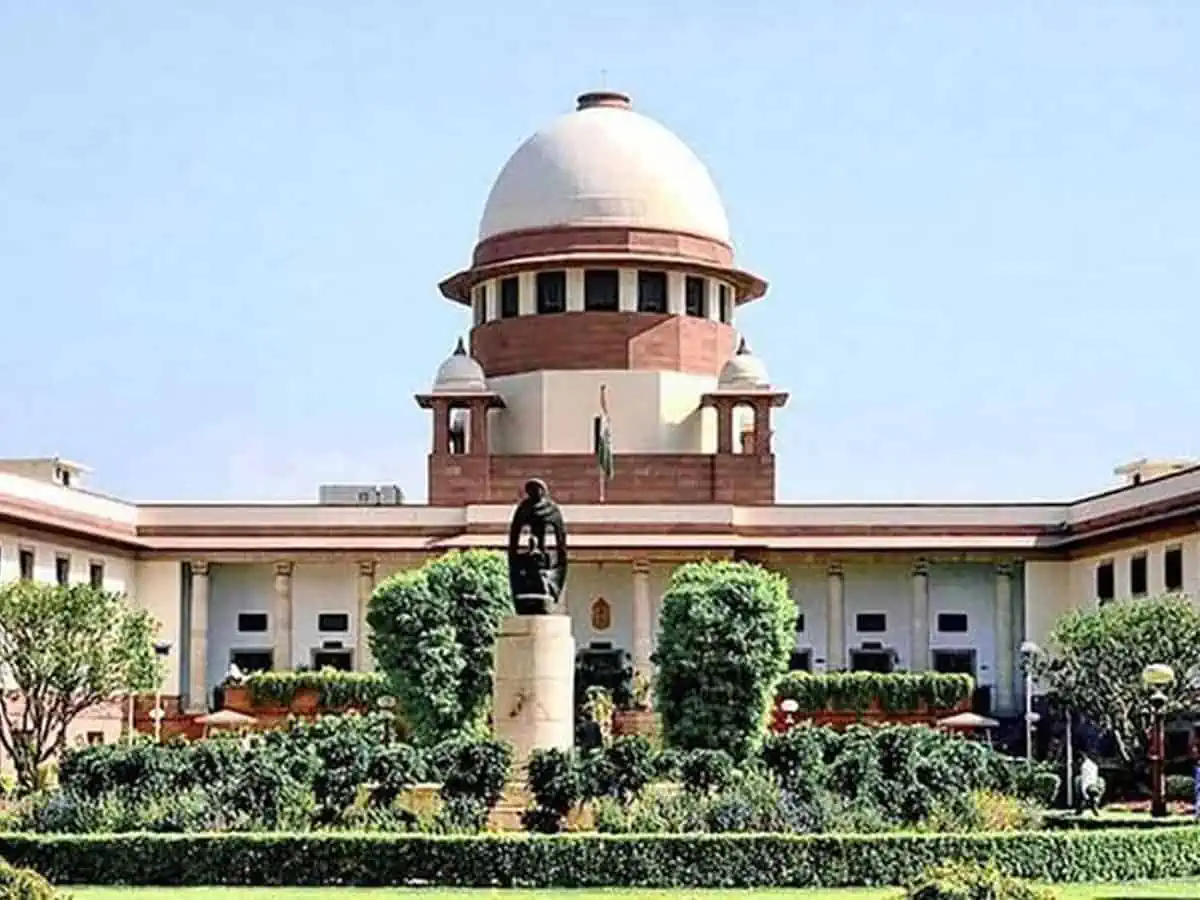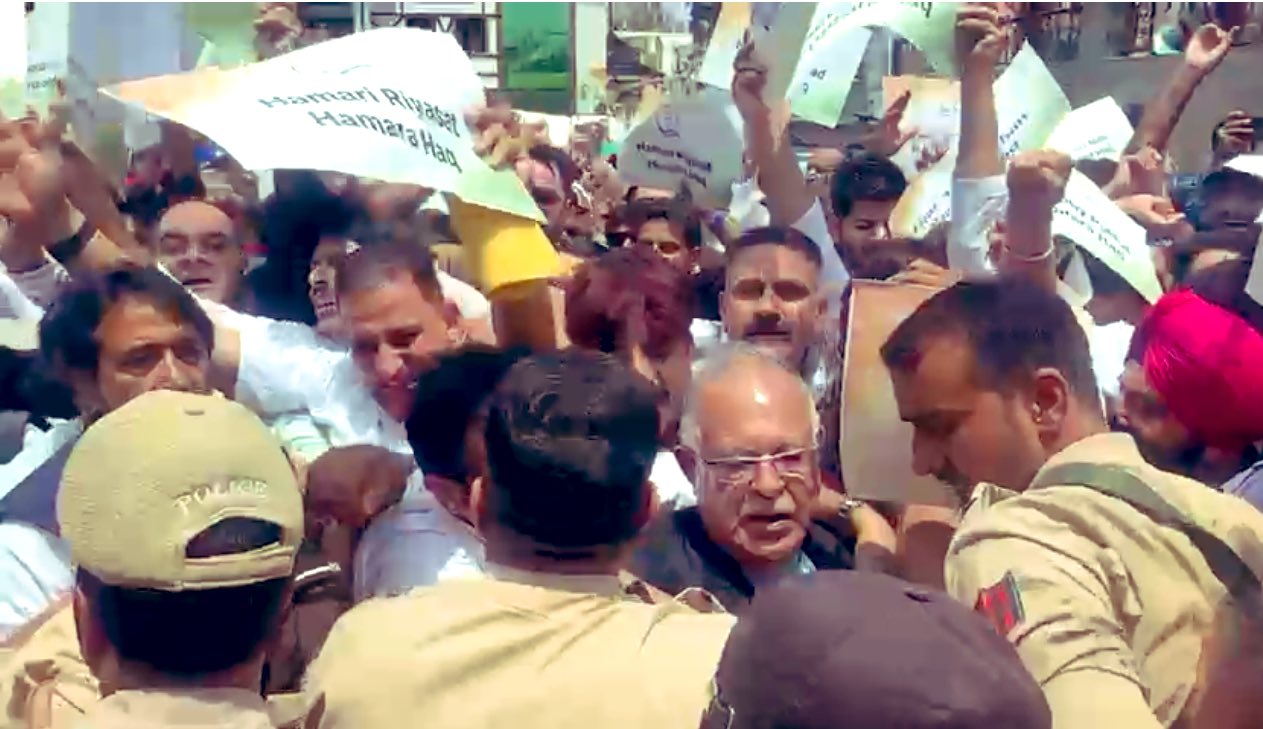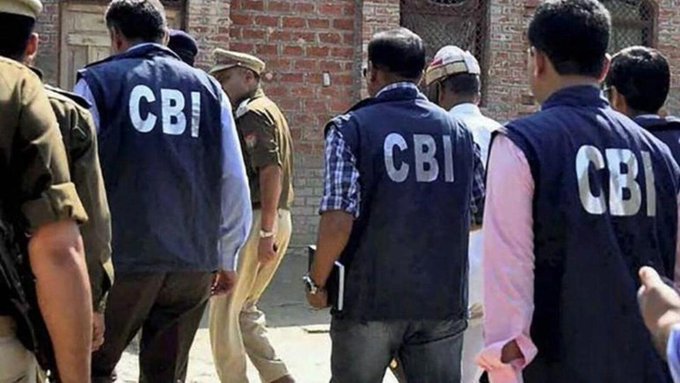NEW DELHI: The Supreme Court on Tuesday rescheduled to July 31 the hearing of a batch of review petitions challenging its 2022 verdict that upheld the Enforcement Directorate’s (ED) powers under the Prevention of Money Laundering Act (PMLA), including arrest, property attachment, search, and seizure.
A bench comprising Justices Surya Kant and Joymalya Bagchi adjourned the matter—originally listed for hearing on Wednesday—after Solicitor General Tushar Mehta, appearing for the Centre, cited his unavailability. Senior advocate Kapil Sibal, representing the petitioners, did not object to the adjournment.
On May 7, the apex court had directed the Centre and the petitioners to frame the issues to be adjudicated in the review of the 2022 ruling. The Centre has maintained that the review should be limited to two issues flagged by the court in August 2022 when it admitted the review pleas: the non-supply of the Enforcement Case Information Report (ECIR) to the accused, and the reversal of the burden of proof under Section 24 of the PMLA.
While Sibal has argued that the case merits consideration by a larger bench, Mehta has asserted that the scope of the review is confined to the two issues for which notice was issued.
In its July 2022 ruling, the top court upheld the ED’s wide-ranging powers under the PMLA, describing money laundering as a global threat to financial systems and affirming that it was not an “ordinary offence.” It also clarified that ED officials are not police officers and that the ECIR is not equivalent to an FIR under the CrPC. The court said that providing the ECIR to the accused is not mandatory, as long as the grounds of arrest are disclosed.
The verdict came in response to over 200 petitions that challenged various provisions of the PMLA—legislation that opposition parties have frequently accused the government of misusing for political targeting.
The court had also upheld Section 45 of the PMLA, which makes offences under the Act cognisable and non-bailable, and imposes stringent twin conditions for the grant of bail. It found the provision to be reasonable and not violative of constitutional guarantees.












